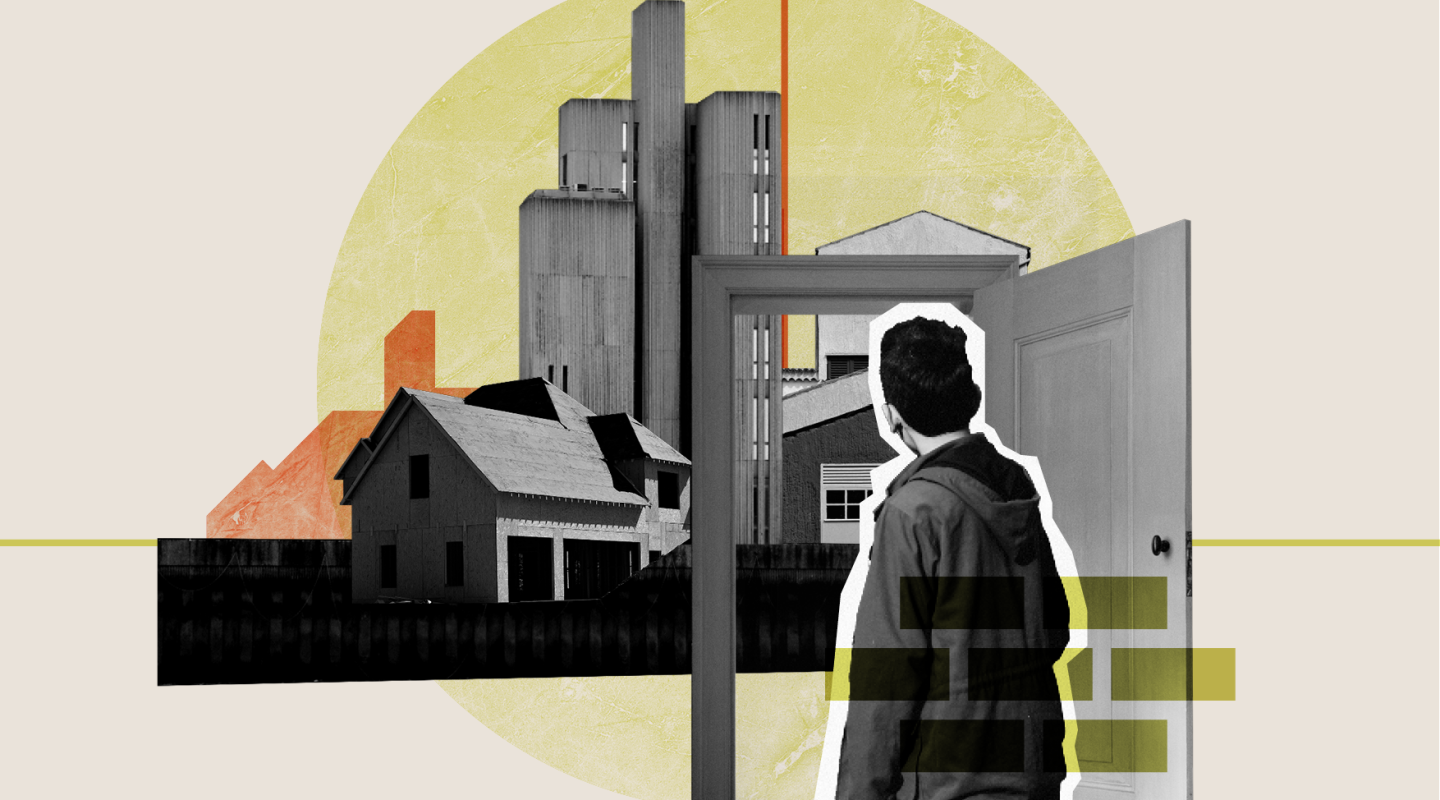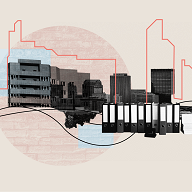At the very least, solutions and systems exist. But everyone we met agrees that they are far from being sufficient for the number of individuals in need. As waiting lists continue to grow unrelentingly, so does the number of unanswered requests. In such a tense situation, can we still say these people have choices?
Charlotte Journiac, from the Passage programme at Le MAS (France), notes that some people are so distressed that they are ready to accept nearly anything, even against their own best interests. “We have to tell them again and again that they are allowed to say no, that they are free to do so and that we will work with them to find a better solution, another place to stay.” Marie-Pierre Noret observes that this can lead to social, professional, health and legal risks, which can make people’s lives difficult very quickly. Reza Ahmadi, in Canada, echoed this sentiment: “Because of the availability problem, people are so desperate that they take whatever is available, without accounting for their needs. That’s often a gateway to failure.”
For Jane Abad-Martinez and Razika Bizriche at the CLLAJ (France), the housing shortage and the scarcity of appropriate solutions lead to poor guidance, which can be harmful for the people receiving it. “People are sent to us who really need support and a constant presence, who we are not able to accommodate at the CLLAJ”, they explain. “In the absence of another solution, they are sent to us anyway, and their needs are downplayed. The wrong solution seems preferable to no solution: living on the street. We give it a shot, but trying is also a huge risk for the person. As social workers, we have to be the ones to say no. We don’t want to accept resorting to bad solutions anymore. We want to send a message to the government to demand that programmes be developed.”
The number of people incarcerated, and subsequently released, is on the rise in many countries. Funding tends to go the opposite direction. “Funding is decreasing while incredibly vulnerable people are being sent to us increasingly often”, observe Jane Abad-Martinez and Razika Bizriche. “It’s totally disproportionate. How are we supposed to keep taking on requests and addressing them properly?”
In Finland, a recent change in the government’s political affiliations also meant changes to national policies for combatting homelessness. Civil society is taking action against the government’s plan to reduce public subsidies to organisations that provide services and support to homeless people, a significant percentage of whom were previously imprisoned. The organisations remind the authorities that reducing these subsidies will only generate short-term savings, but costs will increase over time. They note that without early and accessible support, the need for public services increases as people’s difficulties intensify.
Reducing funding also means giving free rein to competition between facilities and between populations. The stakeholders for housing in Finland openly criticise competition in the context of multi-faceted crises: “The trend has become such that you have to be present, steal someone else’s idea and sit at the right tables to get money to run the operation”, they say. “We do not want this unfair competition to continue. We want the relevant parties to throw their efforts into the same bonfire, blow on a coal and for homeless people to gather around and warm themselves up. This is only possible if everyone cooperates fairly and the money is distributed fairly.”
Jane Abad-Martinez and Razika Bizriche condemn financing approaches that rely on calls for projects as well as mandatory topics and target populations. “It forces us to handle each case separately, and to create a hierarchy ranking people’s situations, when they all have tremendous needs, just to try to fit them into our programmes”, they explain.
“Many of the young people we help don’t fit into any of the current priority categories. Or we’ve reached the maximum number of support cases. But we can’t say to them, ‘Sorry, your case isn’t a priority’, so we try to make them fit into certain boxes at all costs. The mental logistics behind it are outrageous.”
For many stakeholders, this forced competition reflects a lack of recognition for the work they do. Many mention the fatigue this causes within facilities, leading to departures and unfilled positions.
“It’s a highly paradoxical dynamic: much more control from financial backers, much more arbitration, but more and more requirements”, says Jane Abad-Martinez. “All this hurts the field and, in the end, employees leave associations because they are exhausted.”
In Canada, the John Howard Society of Ontario and of Quebec mention the staffing problems they face, which increase the waiting times for people in need. Reza Ahmadi regrets the consequences of associations’ lack of appeal: “A large part of our staff left to work for other institutions or for the government, which offers better salaries. We have trouble filling vacancies, we are short-staffed by 25%, because we cannot be competitive. Turnover is enormous, we spend a ton of time training and recruiting, and the staff members who do stay are underpaid and overworked.”








